To provide the best experiences, we use technologies like cookies to store and/or access device information. Consenting to these technologies will allow us to process data such as browsing behaviour or unique IDs on this site. Not consenting or withdrawing consent, may adversely affect certain features and functions.
The technical storage or access is strictly necessary for the legitimate purpose of enabling the use of a specific service explicitly requested by the subscriber or user, or for the sole purpose of carrying out the transmission of a communication over an electronic communications network.
The technical storage or access is necessary for the legitimate purpose of storing preferences that are not requested by the subscriber or user.
The technical storage or access that is used exclusively for statistical purposes.
The technical storage or access that is used exclusively for anonymous statistical purposes. Without a subpoena, voluntary compliance on the part of your Internet Service Provider, or additional records from a third party, information stored or retrieved for this purpose alone cannot usually be used to identify you.
The technical storage or access is required to create user profiles to send advertising, or to track the user on a website or across several websites for similar marketing purposes.
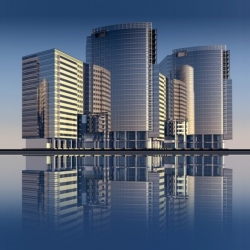 For middle-market and small businesses, the COVID-19 pandemic is highlighting the vital importance of investing in new technology, facilitating remote work, and maintaining the tech-savvy workforce needed to make it all happen, according to a survey conducted by The Harris Poll for CIT Group Inc. (NYSE: CIT). (more…)
For middle-market and small businesses, the COVID-19 pandemic is highlighting the vital importance of investing in new technology, facilitating remote work, and maintaining the tech-savvy workforce needed to make it all happen, according to a survey conducted by The Harris Poll for CIT Group Inc. (NYSE: CIT). (more…)



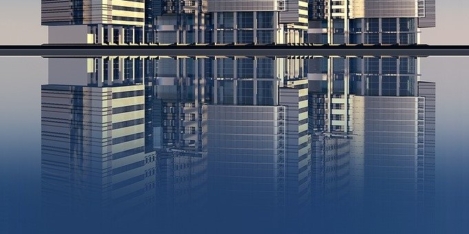

 A new survey by UK job board
A new survey by UK job board 
 New research by the
New research by the 
 Singapore, Helsinki and Zurich have come top in the
Singapore, Helsinki and Zurich have come top in the 
 A survey carried out by mental health organisation,
A survey carried out by mental health organisation, 
 A report by HR software and employment law advice service
A report by HR software and employment law advice service 
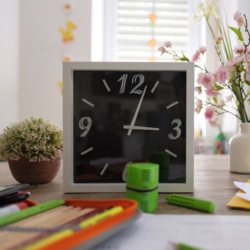 New research by
New research by 
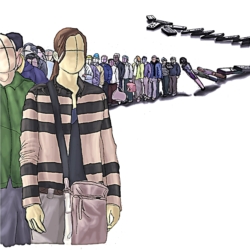 New analysis of official data released to the
New analysis of official data released to the 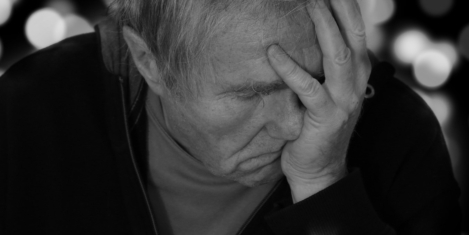
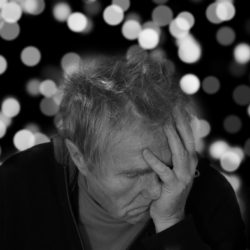 The number of self-employed people saying they have “poor” or “very poor” mental health has increased from 6 percent to 26 percent since the beginning of the pandemic (a 300 percent rise), claims new research by
The number of self-employed people saying they have “poor” or “very poor” mental health has increased from 6 percent to 26 percent since the beginning of the pandemic (a 300 percent rise), claims new research by 
 A new report from
A new report from 









September 8, 2020
Frontline and front of mind; communicating with employees away from HQ
by Julien Lesaicherre • Comment, Flexible working, Technology